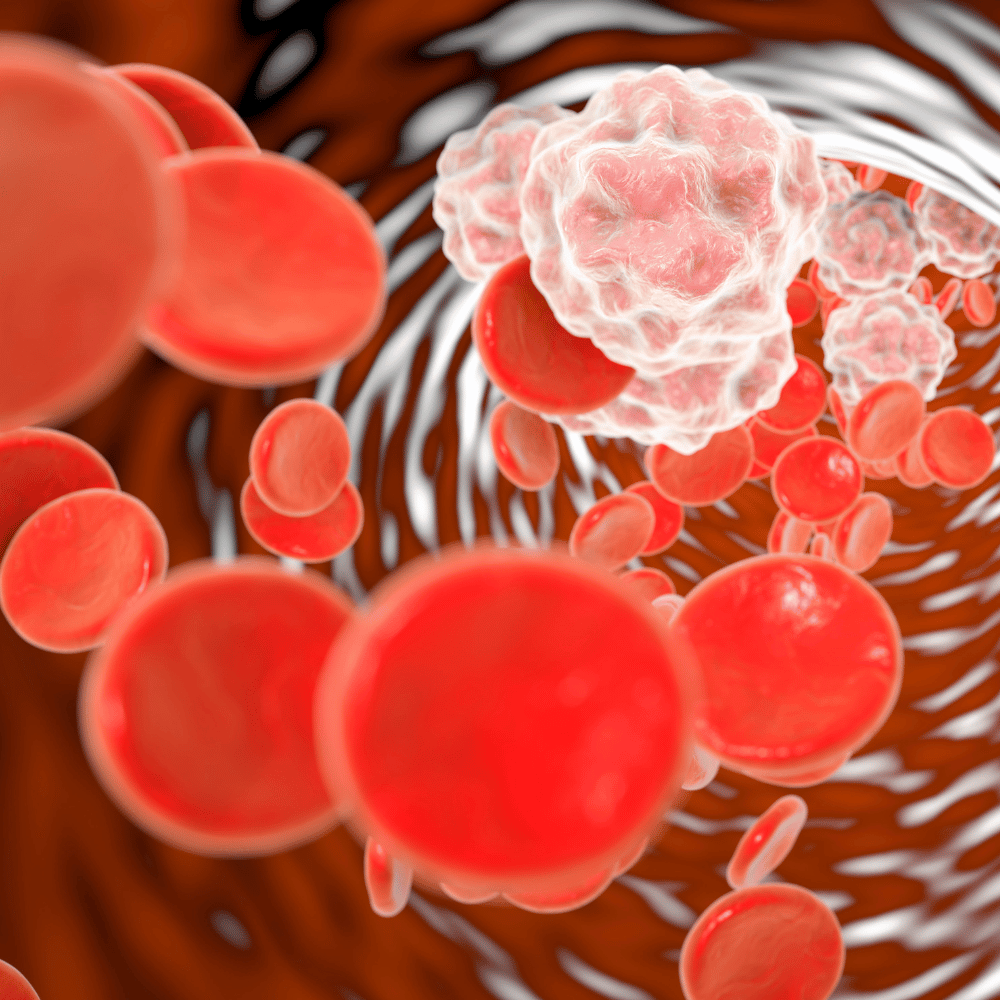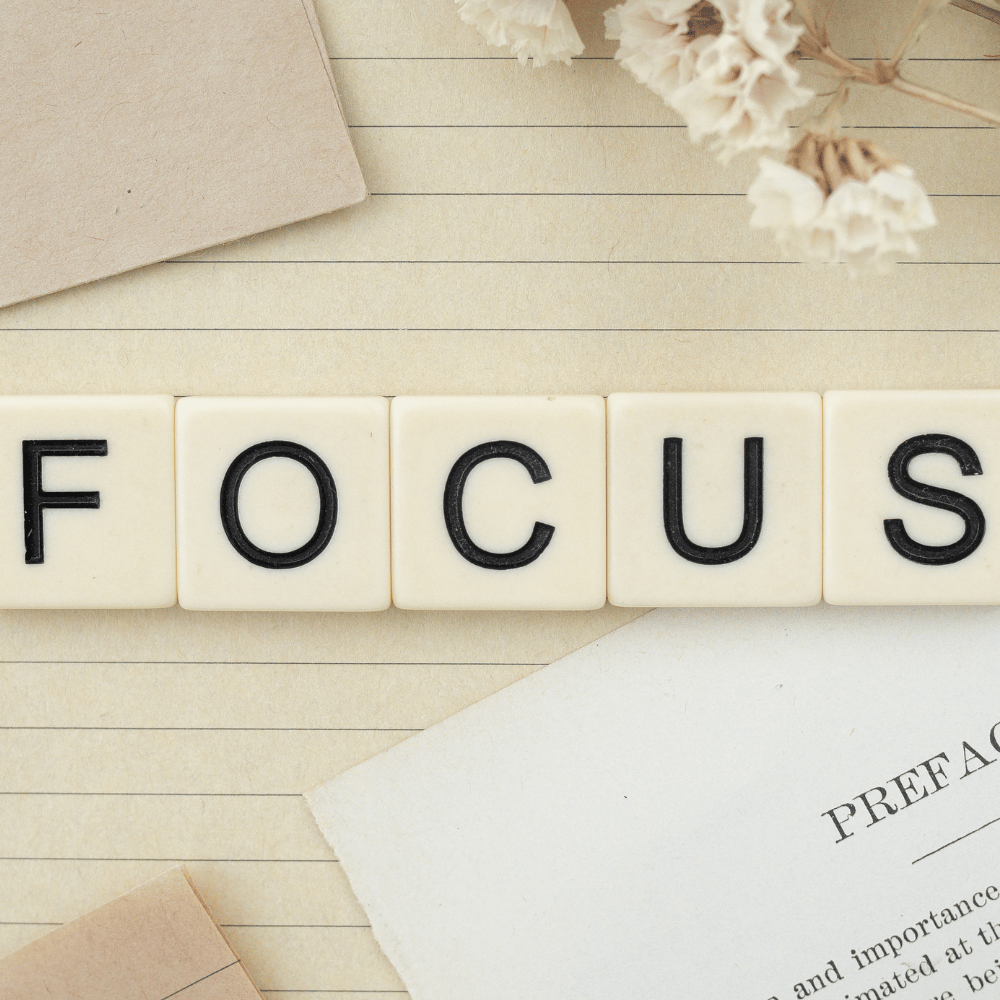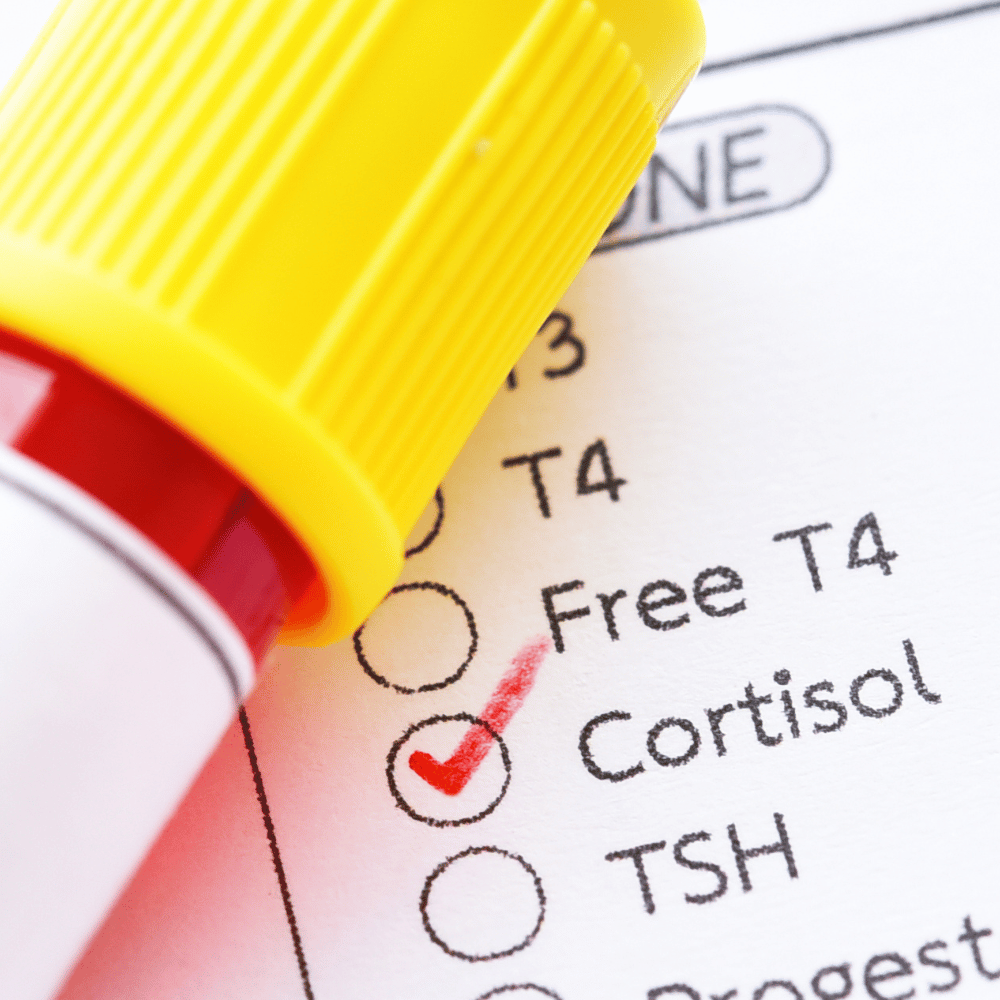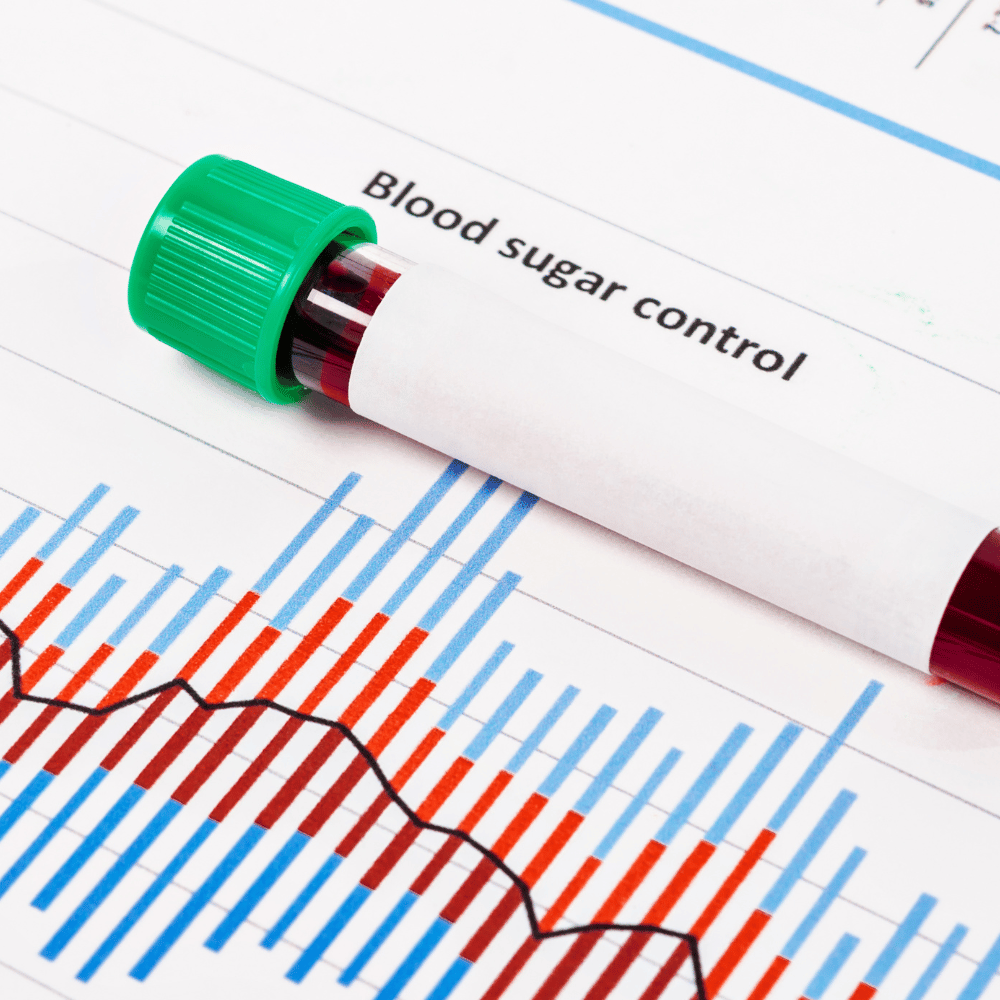Many athletes and dieters know that caffeine has the potential to provide a boost of energy and help them reach their goals. But should you consume caffeine on an empty stomach? It can be hard to find solid information about this topic, but fear not—we have done the research for you! Let’s break it down.
The Benefits
Consuming caffeine on an empty stomach has several health benefits. First, it can help to increase alertness and mental focus. Caffeine blocks the effects of adenosine, which is a neurotransmitter that promotes sleepiness and drowsiness. By blocking its effects, caffeine can improve mental clarity and concentration.
Second, consuming caffeine on an empty stomach can help to maintain stable blood sugar levels throughout the day by decreasing insulin resistance. Insulin is responsible for transferring glucose from the blood into cells for energy production; however, too much insulin can result in increased fat storage and declined metabolism rate which leads to feeling sluggish during the day. By increasing your body's sensitivity to insulin, you can keep your metabolism running efficiently without spikes or dips in your energy throughout the day caused by insufficient regulation of glucose absorption levels.
Third, studies have also shown that having caffeine on an empty stomach may potentially reduce inflammation throughout the body due to its anti-inflammatory properties thanks largely in part due to antioxidants contained within coffee beans such as chlorogenic acid and quinic acid. These act as natural scavengers of harmful molecules called free radicals that contribute significantly towards oxidative stress-related conditions like diabetes and Alzheimer’s disease.



The Drawbacks
Consuming caffeine on an empty stomach comes with several potential drawbacks. First, because coffee is acidic, it can irritate the sensitive stomach lining and cause acid reflux or heartburn by stimulating the production of stomach acid. Caffeine has also been linked to increased levels of cortisol (the stress hormone) production in the body. This could lead to further digestive distress if consumed on an empty stomach.
Furthermore, if you're diabetic when caffeine is not accompanied by food, it can stimulate a rapid rise in blood sugar levels followed quickly by a sharp drop as insulin kicks into gear to remove glucose from circulation and convert it into energy for your cells. This sudden fluctuation caused by drinking coffee on an empty stomach may cause people to feel transiently fatigued or irritable until their next meal helps even out those drops in blood sugar levels.
Finally, consuming caffeine when you are already dehydrated due to a lack of water intake increases its ability to affect your system more intensely than usual. The presence of food helps moderate this effect somewhat so skipping meals means that any caffeinated beverages will have a greater impact than normal.



Understanding Caffeine and its Relationship to Cortisol
Caffeine is a stimulant found naturally in over 60 plant species and widely consumed around the world. It's been found to have a host of physiological effects in humans, including increased alertness, improved reaction time and cognitive performance, higher pain tolerance, and reduced fatigue. One interesting effect of caffeine consumption is its potential influence on our body’s cortisol levels.
Cortisol is a hormone that plays an important role in the regulation of stress response and energy balance within our bodies. Cortisol concentrations can vary depending on lifestyle factors activity level, diet quality, or poor sleep quality – or from environmental factors such as exposure to light or sound during sleep.
Interestingly enough, research suggests that caffeine intake may affect cortisol levels both directly and indirectly. Consuming caffeine has been shown to acutely increase circulating cortisol levels by stimulating their release - however, this effect appears to be short-lived with no long-term impact once the stimulatory effect wears off (such as when you stop drinking coffee). In addition, longer-term studies indicate that regular consumption of moderate doses of caffeine may actually reduce overall cortisol production over time through habituation – but only if it’s integrated into your daily routine rather than random “bingeing” episodes now and then!
How Does Coffee Intake Impact Blood Pressure?
There is a lot to unpack when it comes to the effects of coffee on blood pressure. Recent research has shown that a morning cup of joe may positively affect one’s cardiovascular system. However, it is important to note that it can depend on the individual and their health profile.
Generally speaking, moderate coffee consumption (three to five cups per day) has been linked with a reduction in blood pressure levels due to its ability to improve heart rate variability and relax peripheral arteries – although this isn’t necessarily true for all people. Additionally, caffeine itself can increase both systolic and diastolic pressure for a brief period post-consumption; however, this decrease disappears over time as caffeine is metabolized by the body.
Overall, you should talk with your doctor if you are concerned about how consuming caffeinated beverages such as coffee could be impacting your blood pressure levels - they will help determine whether any limits need to be set when it comes down to consumption frequency or amount depending on medical conditions present in addition lifestyle factors like smoking or excessive drinking habits.
Final Word: Coffee Consumption on an Empty Stomach
Whether or not you drink coffee on an empty stomach depends on your individual body chemistry and sensitivity level to caffeine. If you notice any adverse effects from consuming coffee without food, then it might be best for you to avoid doing so. However, if you don’t experience any negative side effects from drinking coffee without food, then it could be just what you need for a quick boost of energy before hitting the gym or starting work for the day! Ultimately, only you know what works best for your body–so use this information as a guide as you experiment with different approaches!
Related Pages:







